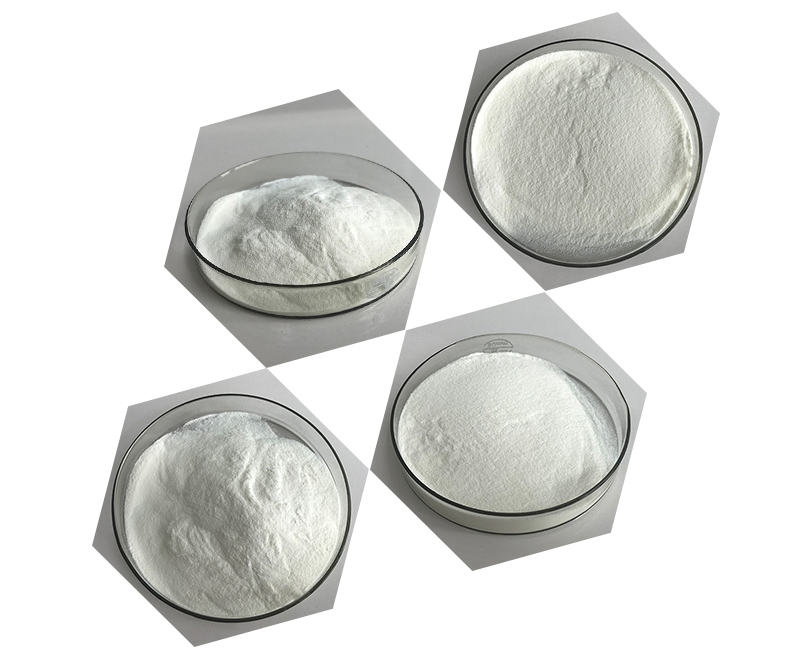Collagen is a critical protein that serves as a building block for various structures in the human body. It is the most abundant protein found in mammals, including humans, and plays a crucial role in maintaining the structural integrity and functionality of various tissues. Here’s a comprehensive overview of collagen:

1. Structure and Types:
Collagen is a fibrous protein composed of amino acids, primarily glycine, proline, and hydroxyproline. It forms a triple helix structure, consisting of three protein chains called alpha chains. There are at least 28 different types of collagen identified so far, with the most common types being:
- Type I: Found in skin, bones, tendons, and ligaments.
- Type II: Present in cartilage.
- Type III: Found in blood vessels, skin, and internal organs.
- Type IV: Mainly located in basement membranes.
2. Functions:
Collagen has several important functions in the body:
- Structural Support: It provides tensile strength to tissues and contributes to their elasticity and flexibility.
- Skin Health: Collagen is essential for maintaining skin’s strength, elasticity, and hydration.
- Bone Health: Collagen is a major component of bones, giving them resilience and strength.
- Joint Health: In cartilage, collagen helps maintain joint health by ensuring its integrity and reducing friction.
- Blood Vessels: Type III collagen is present in blood vessel walls, contributing to their strength and flexibility.
- Wound Healing: Collagen is involved in various stages of wound healing, providing a scaffold for tissue regeneration.
- Organ Structure: It’s a critical component of organs like the liver, lungs, and heart, maintaining their structural integrity.
3. Biosynthesis:
Collagen synthesis is a complex process that occurs within cells. It involves various enzymes, post-translational modifications, and assembly steps. The primary cells responsible for collagen production are fibroblasts and chondrocytes. Vitamin C is essential for proper collagen synthesis, as it’s required for the hydroxylation of proline and lysine residues.
4. Degradation and Turnover:
Collagen turnover is a dynamic process involving both synthesis and degradation. Collagen fibers are constantly being broken down by enzymes like collagenases and then rebuilt by the body. This turnover process helps maintain tissue integrity and adaptability to different physiological demands.
5. Collagen-Related Disorders:
Defects in collagen synthesis, structure, or regulation can lead to various disorders:
- Ehlers-Danlos Syndromes: A group of connective tissue disorders characterized by hypermobility of joints, skin elasticity, and tissue fragility.
- Osteogenesis Imperfecta: A genetic disorder causing brittle bones due to insufficient or defective collagen type I.
- Scurvy: A deficiency in vitamin C, required for collagen synthesis, leading to weakened connective tissues.
- Rheumatoid Arthritis: Inflammation in the synovial membrane can affect collagen-rich tissues like joints.
- Aging: Natural aging leads to reduced collagen production and degradation, contributing to wrinkles and sagging skin.
6. Collagen Supplements:
Collagen supplements have gained popularity for their potential to improve skin elasticity, joint health, and more. However, the scientific evidence supporting their benefits is mixed, and more research is needed to establish their efficacy definitively.
In conclusion, collagen is a vital protein that underpins the structural integrity and function of various tissues in the body. Its diverse roles make it an essential component for maintaining overall health.
